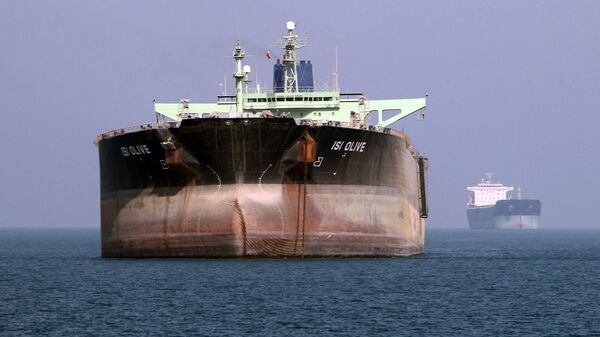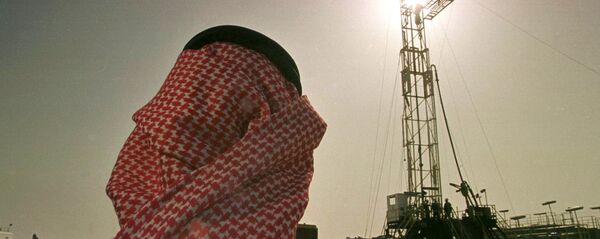The US is considering a possible dip into its emergency oil reserves if an anticipated jump in global oil output fails to drive down prices, The Wall Street Journal wrote.
A number of other Western countries are considering a similar move.
This option is being mulled as part of a wider discussion on how to guarantee stable fuel supplies to the oil markets.
President Trump earlier tweeted that OPEC was not doing enough to drive down gasoline prices at the pump. He believes that if OPEC members jack up their daily oil output by two million barrels this would send oil and gasoline prices down.
READ MORE: Iranian Official Slams Saudi Arabia, US for 'Ridiculing' OPEC
Saudi Arabia reportedly intends to gradually increase its oil output in July to 10.6 million barrels a day (bpd), then 10.8 million bpd and up to 11.0 million bpd, which is significantly higher than its goal of 10.058 million bpd.
The plan has prompted harsh criticism from Iran:
"The State Department says it is short and Saudi Arabia says they will produce 11 million bpd in July. I regret to say they both are ridiculing our organization," Iran’s OPEC governor Hossein Kazempour Ardebili told Reuters.
Oil Markets
Late last month, OPEC and its partners led by Russia agreed to increase production by about one million barrels per day, or one percent of global supply in a bid to put a damper on high oil prices.
The move was initiated by Saudi Arabia whose energy minister Khaled al-Faleh warned that a drop in oil production in Venezuela and a possible slide in Iranian oil exports in the event of new US sanctions could lead to a supply shortage by the second half of this year.
Russia too is ready to increase its oil output. Energy Minister Alexander Novak earlier said that the country could add 200,000 barrels to its daily oil output in July.
OPEC's plan comes against the backdrop of speculation about the future of the oil market.
In June, Washington threatened to slap penalties on countries that fail to curb oil trade with Iran by November 4.
READ MORE: Iranians Believe Trump-Saudi Deal on Oil ‘Part of Regime Change’ Plot – Prof.
According to financial, investment and energy specialists, Iran’s halted or limited oil trade with its partners may push oil prices up in light of the exclusion of a major player from the market.
The US Strategic Petroleum Reserve (SPR) is emergency fuel storage maintained underground in Louisiana and Texas by the Department of Energy. It is the largest emergency supply in the world, with the capacity to hold up to 727 million barrels.
The United States started the petroleum reserve in 1975 after oil supplies were interrupted during the 1973 energy crisis.




